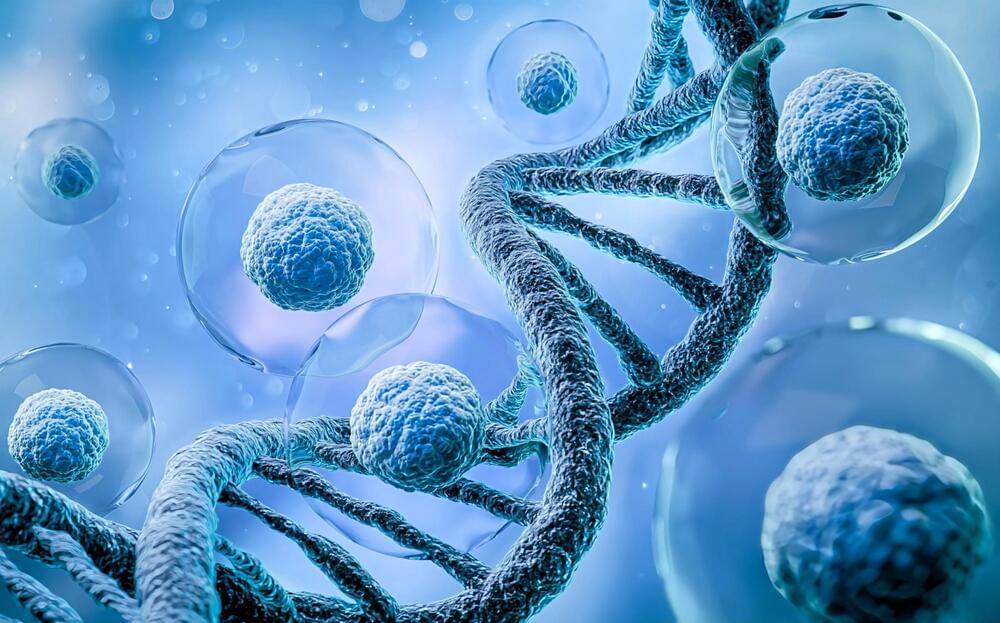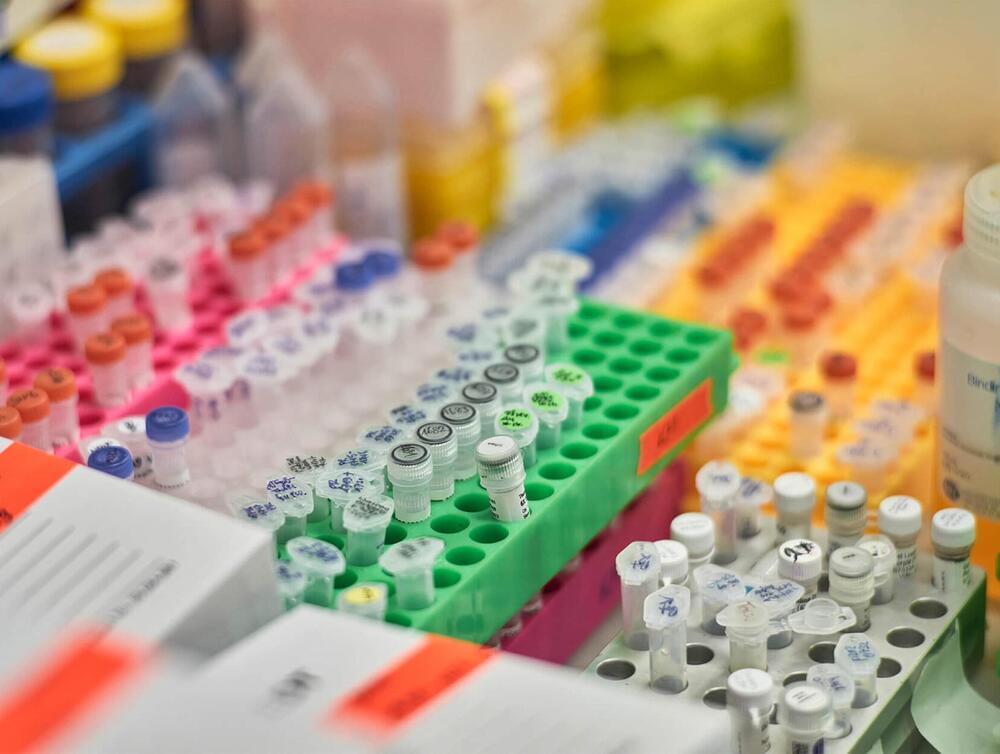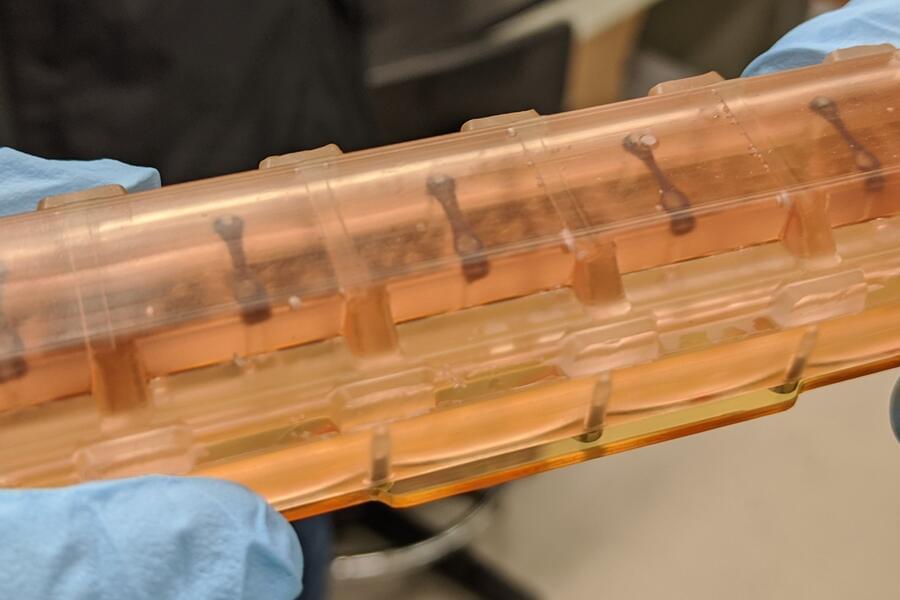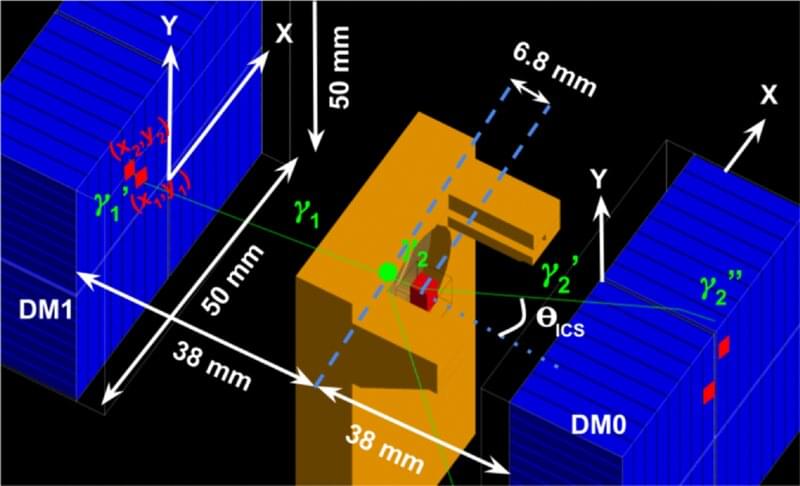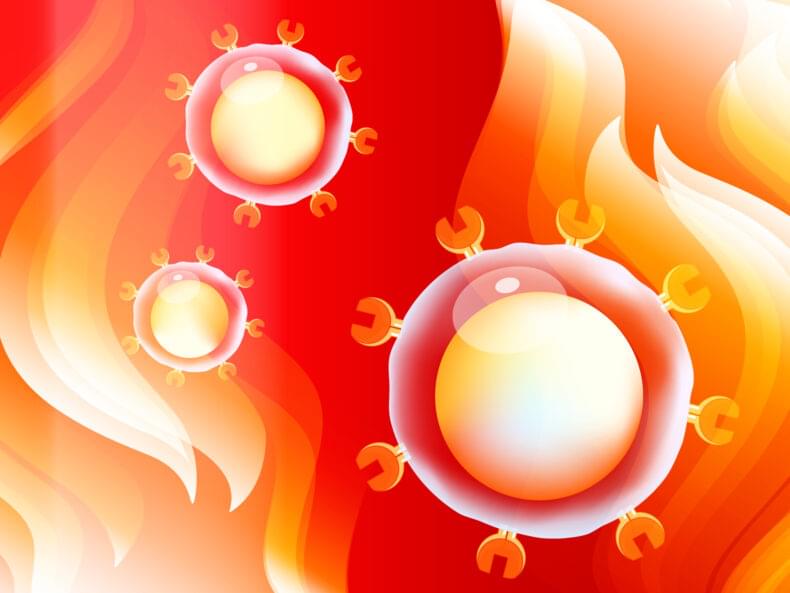An international team of scientists, composed of researchers from the Complutense University of Madrid, Saint Louis University’s Madrid campus, and the University of California, has proposed a new theory suggesting that spacetime could be made up of “entangled virtual bosons”, similar to the double helix of DNA. This finding, which could have significant implications for the unification of gravity and electromagnetism, was recently published in the journal General Relativity and Gravity.
The research was led by Professor Robert Monjo, who holds a PhD in physics and mathematics from Saint Louis University’s Madrid campus, in collaboration with Professor Rutwig Campoamor-Stursberg, head of the Department of Algebra, Geometry, and Topology at the Complutense University of Madrid, and researcher Álvaro Rodríguez-Abella from the University of California, Los Angeles. According to the authors, their work represents an important step forward in understanding the true nature of spacetime. Monjo states: Up until now, there has been a significant gap between gravity and the other forces of nature, but with this study, we have found a link that could unite them.
One of the key aspects of this study lies in the extension of the idea of “color” symmetry—a concept from quantum chromodynamics—applied to gravity. This approach could allow gravity and electromagnetism to be interpreted as manifestations of a more general theory. Symmetries, defined as invariances of observed quantities under different transformations, are fundamental to understanding modern physics. In this case, the researchers have generalized these symmetries to propose what they call “colored gravity”, a theory that expands on Einstein’s ideas about gravity.


